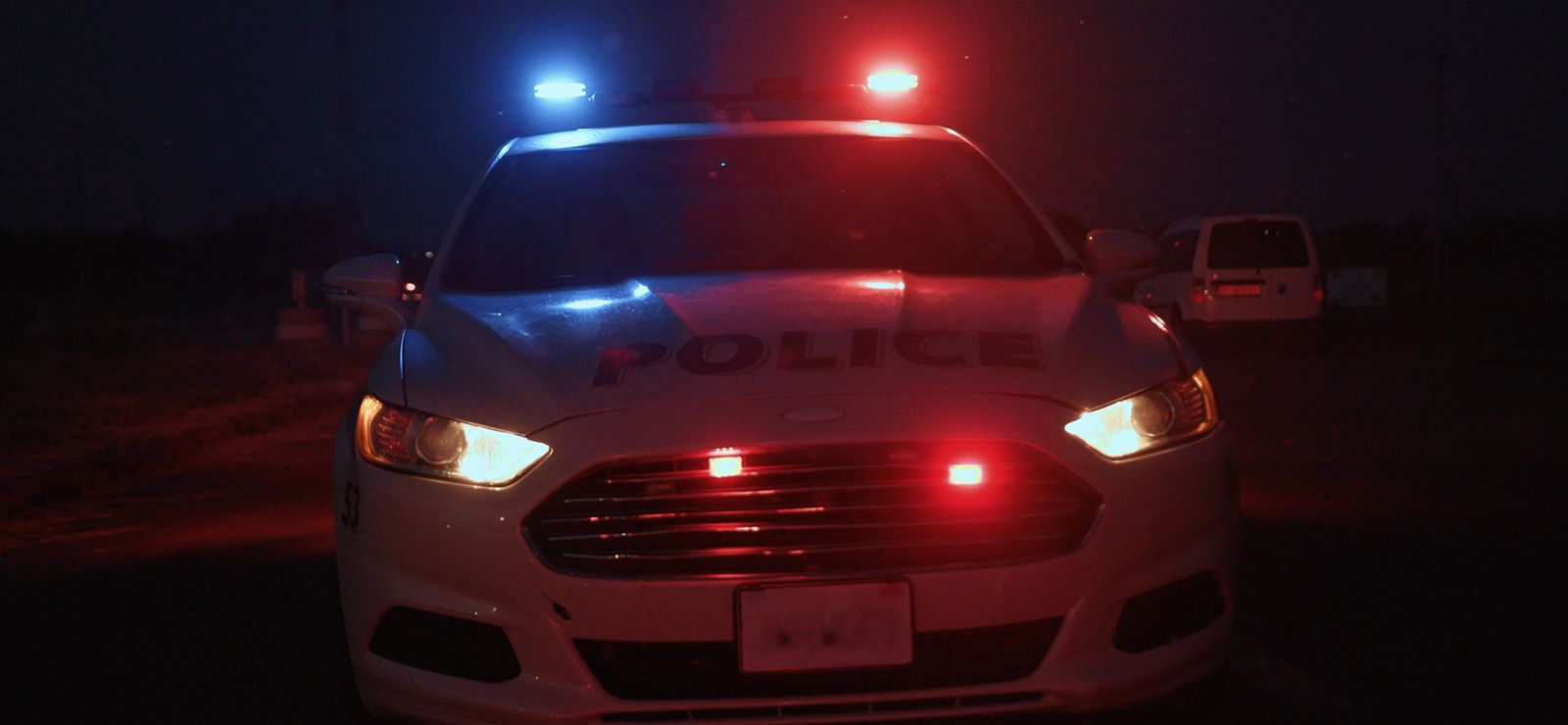First responder training includes dispatcher training, specialized police response, mental health first aid, and training for EMTs and other first responders. An example is Crisis Intervention Training (CIT). CIT focuses on identifying signs of mental health disorders, de-escalating a situation that involves those signs, and connecting people to treatment. The importance of crisis training has increased in recent years as a way to avoid escalation into the use of force. All law enforcement officers should receive crisis and de-escalation training as well as regular updates on related best practices.
Learn More About First Responder Training & Resources
- COSSAP, First Responder Deflection Resource Library*
- Council of State Governments, Expanding First Response: A Toolkit for Community Responder Programs*
- Margaret Ahern, Journal of Law and Health, "Defunding" the Criminality of Mental Illness by Funding Specialized Police Training: How Additional Training and Resources for Dealing with Mental Health will be Beneficial for All Sides*
- University of Memphis, Crisis Intervention Team Core Elements
- CIT International, Crisis Intervention Team Programs: A Best Practice Guide for Transforming Community Responses
- National Center for Youth Opportunity and Justice, Certified Trainers: Crisis Intervention Teams for Youth (CIT-Y)
- Mental Health First Aid
- International Association of Chiefs of Police, Building Safer Communities: Improving Police Response to Persons with Mental Illness
- Treatment Advocacy Center, The Role and Impact of Law Enforcement in Transporting Individuals with Severe Mental Illness
* Recently added
